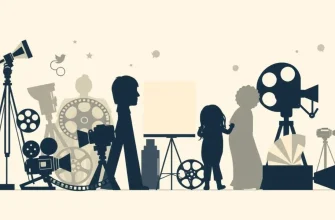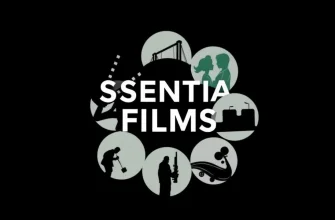This curated selection of films delves into the complex and often challenging world of human rights. Each film in this collection not only entertains but also educates, shedding light on various aspects of human rights abuses, struggles, and triumphs. These stories are essential for fostering empathy, understanding, and a call to action among viewers, making them invaluable for anyone interested in social justice and human dignity.
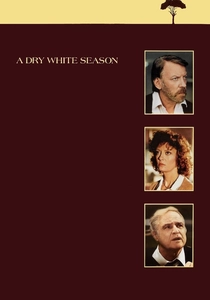
A Dry White Season (1989)
Description: Set in apartheid-era South Africa, this film tells the story of a white schoolteacher who becomes involved in the fight against the oppressive regime after his gardener's son is killed by police, exploring themes of racial injustice and human rights.
Fact: The film was banned in South Africa at the time of its release due to its depiction of apartheid. It was shot in Zimbabwe.
 Watch Now
Watch Now
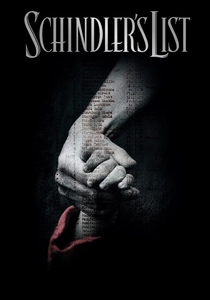
Schindler's List (1993)
Description: Steven Spielberg's masterpiece portrays Oskar Schindler, a German businessman who saved the lives of over 1,000 Jewish refugees during the Holocaust by employing them in his factories, showcasing the impact one person can have on human rights.
Fact: The film was shot in black and white to give it a documentary feel. Spielberg donated his salary to the Shoah Foundation, which records testimonies of Holocaust survivors.
 Watch Now
Watch Now
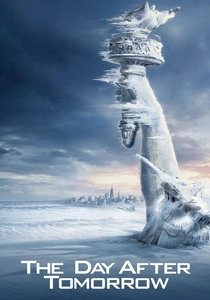
The Day After Tomorrow (2004)
Description: While primarily a disaster film, it addresses climate change, a pressing human rights issue, showing how environmental neglect can lead to catastrophic consequences for humanity.
Fact: The film was criticized for its scientific inaccuracies but praised for raising awareness about climate change. It was one of the first major films to focus on this topic.
 Watch Now
Watch Now
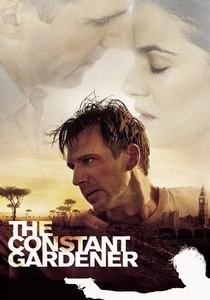
The Constant Gardener (2005)
Description: Based on John le Carré's novel, this film follows a British diplomat investigating his wife's murder, uncovering a conspiracy involving pharmaceutical companies exploiting African populations, touching on themes of corporate greed and human rights abuses.
Fact: The film was shot on location in Kenya, where much of the story takes place. Rachel Weisz won an Academy Award for Best Supporting Actress for her role.
 Watch Now
Watch Now
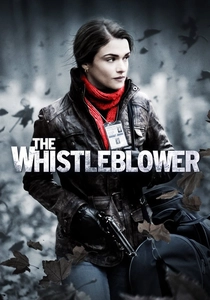
The Whistleblower (2010)
Description: This film is based on the true story of Kathryn Bolkovac, a Nebraska police officer who served as a peacekeeper in post-war Bosnia and exposed a human trafficking scandal, highlighting the exploitation of women and the fight for justice.
Fact: The film was shot in Romania, standing in for Bosnia. It was inspired by Bolkovac's book "The Whistleblower: Sex Trafficking, Military Contractors, and One Woman's Fight for Justice."
 Watch Now
Watch Now
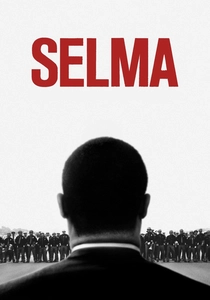
Selma (2014)
Description: This film chronicles the historic 1965 voting rights marches from Selma to Montgomery, Alabama, led by Dr. Martin Luther King Jr., highlighting the struggle for voting rights and civil liberties.
Fact: Ava DuVernay became the first African-American woman to be nominated for a Golden Globe for Best Director. The film was shot in Georgia, standing in for Alabama.
 Watch Now
Watch Now
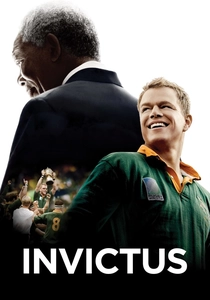
Invictus (2009)
Description: Focusing on Nelson Mandela's efforts to unite South Africa through the 1995 Rugby World Cup, this film underscores the theme of reconciliation and the power of sports in promoting human rights and unity.
Fact: The title "Invictus" is from a poem by William Ernest Henley, which Mandela found inspirational during his imprisonment. The film was shot on location in South Africa.
 Watch Now
Watch Now
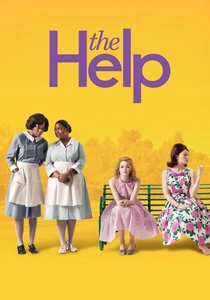
The Help (2011)
Description: Set in the 1960s, this film explores the lives of African-American maids working in white households in Mississippi, addressing issues of racial segregation, discrimination, and the fight for civil rights.
Fact: The film was adapted from Kathryn Stockett's best-selling novel. It received four Academy Award nominations, including Best Picture.
 Watch Now
Watch Now
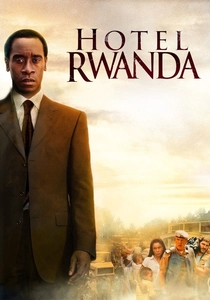
Hotel Rwanda (2004)
Description: This film tells the true story of Paul Rusesabagina, a hotel manager who sheltered over a thousand Tutsi refugees during the Rwandan genocide, highlighting the power of individual action in the face of widespread human rights violations.
Fact: Don Cheadle's performance earned him an Academy Award nomination for Best Actor. The film was shot in South Africa and Rwanda, with some scenes filmed at the actual Hotel des Mille Collines.
 30 Days Free
30 Days Free
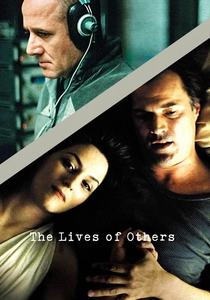
The Lives of Others (2006)
Description: Set in East Germany, this film explores the surveillance state under the Stasi, focusing on a secret police officer who becomes emotionally involved with the lives of the people he is monitoring, raising questions about privacy and human rights.
Fact: The film won the Academy Award for Best Foreign Language Film. It was Ulrich Mühe's last film before his death.
 30 Days Free
30 Days Free



